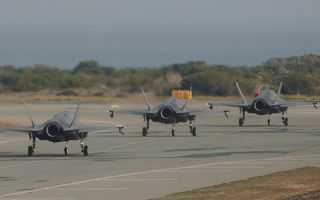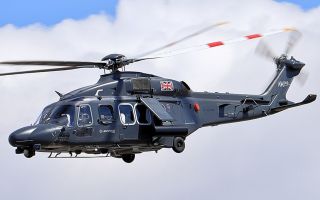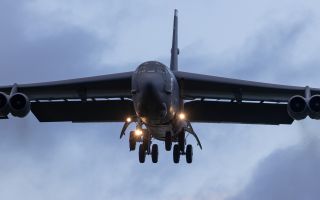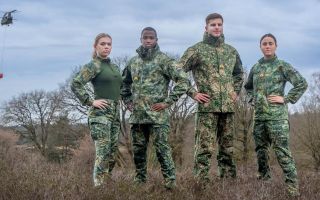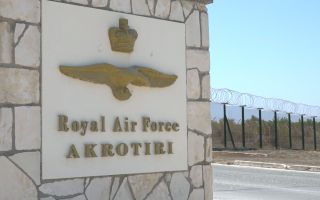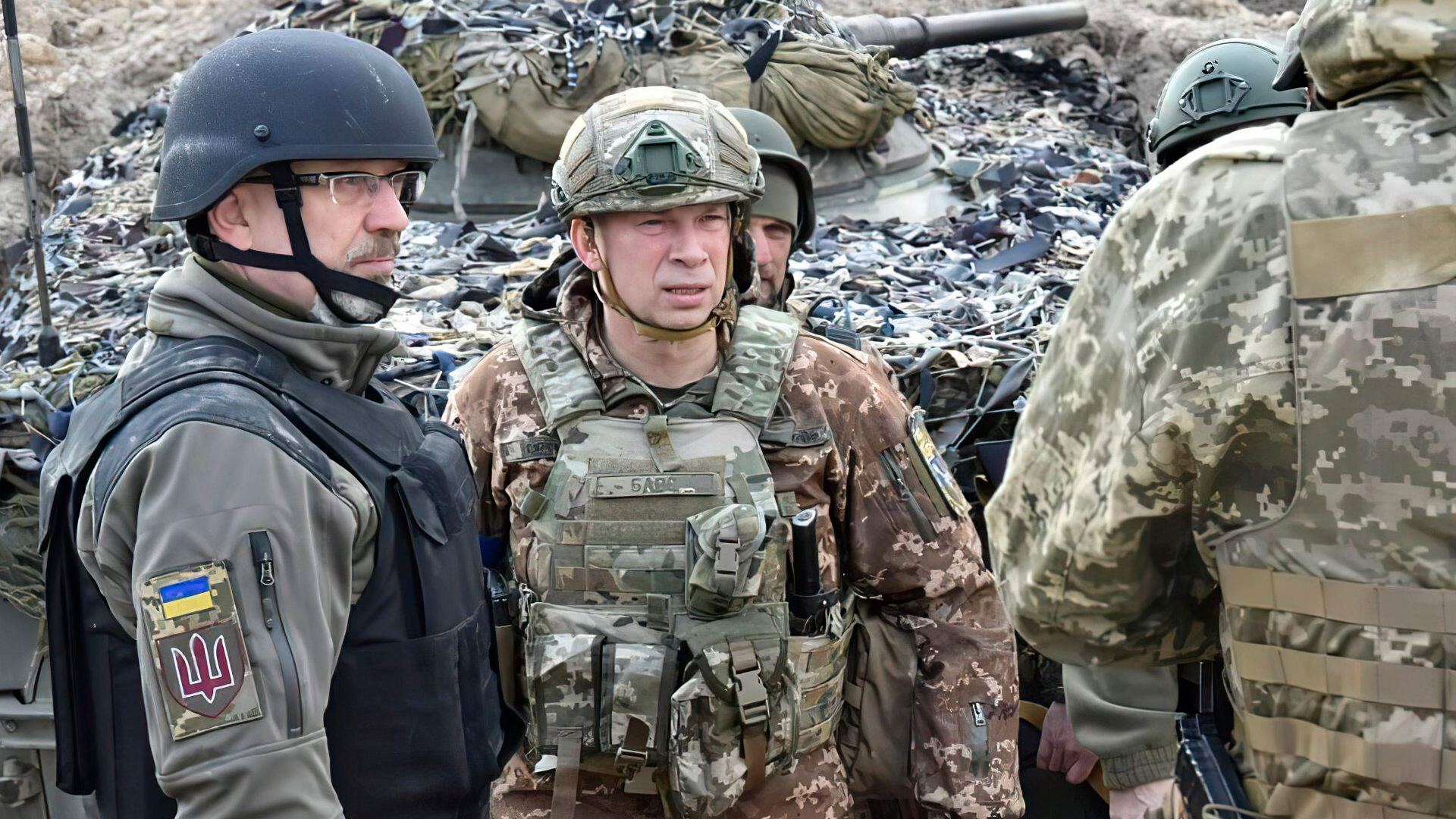
From spring offensive to Kursk incursion: What Ukraine's senior general disclosed

Oleksandr Syrsky doesn't give many interviews, but he's spoken to one of Ukraine's largest online news sites and there are a few key takeaways.
Here are some of the main points made by Ukraine's top military commander.
Russian Spring Offensive underway
Most importantly, he says Russia has already started its so-called Spring Offensive and has doubled attacks around the border regions of Sumy and Kharkiv, so far without any major gains.
Moscow now has 623,000 Russian troops fighting Ukraine, he says, and that’s increasing by eight to nine thousand a month.
Russian artillery bombardments decreasing
The Russians are firing fewer artillery shells than they were before – down from 40,000 a day to around 23,000.
That's because Ukraine hit several of Russia's biggest ammunition depots in long-range strikes.
Commanders questioned on whether Kursk raid was legal
On the Kursk incursion, he says Ukraine had intelligence that up to 160,000 Russian troops were about to attack around Sumy and Kharkiv.
Initially only four people knew what Kyiv was planning, and when commanders were told on the eve of the crossing, some even questioned whether it was legal.
The General also talked about the increasing use of drones and robotics.
Ukraine builds 20km fibre-optic drones
He says Ukraine has entered "afterburner mode" and is rapidly scaling domestic production.
It now has 20-kilometre fibre-optic drones plus increasing numbers of robot ground vehicles.
These can carry machine guns and use artificial intelligence to find targets and then decide how best to attack them.
Counter-offensive failure: lack of troops and ammo
On Ukraine's ill-fated 2023 counter-offensive, the General admits Kyiv didn't have enough men or ammunition.
If they'd had five brigades, not just two, then he believes Bakhmut and Soledar would both have been liberated.
Peacekeepers
General Syrsky was also asked about having foreign peacekeeper inside Ukraine, the Reassurance Force being discussed by the so-called Coalition of the Willing .
He says they'd be deployed where the threat of a Russian attack was minimal, and having them there would stabilise the situation for a while.
But for how long? Well that, he says, will be difficult to predict.

